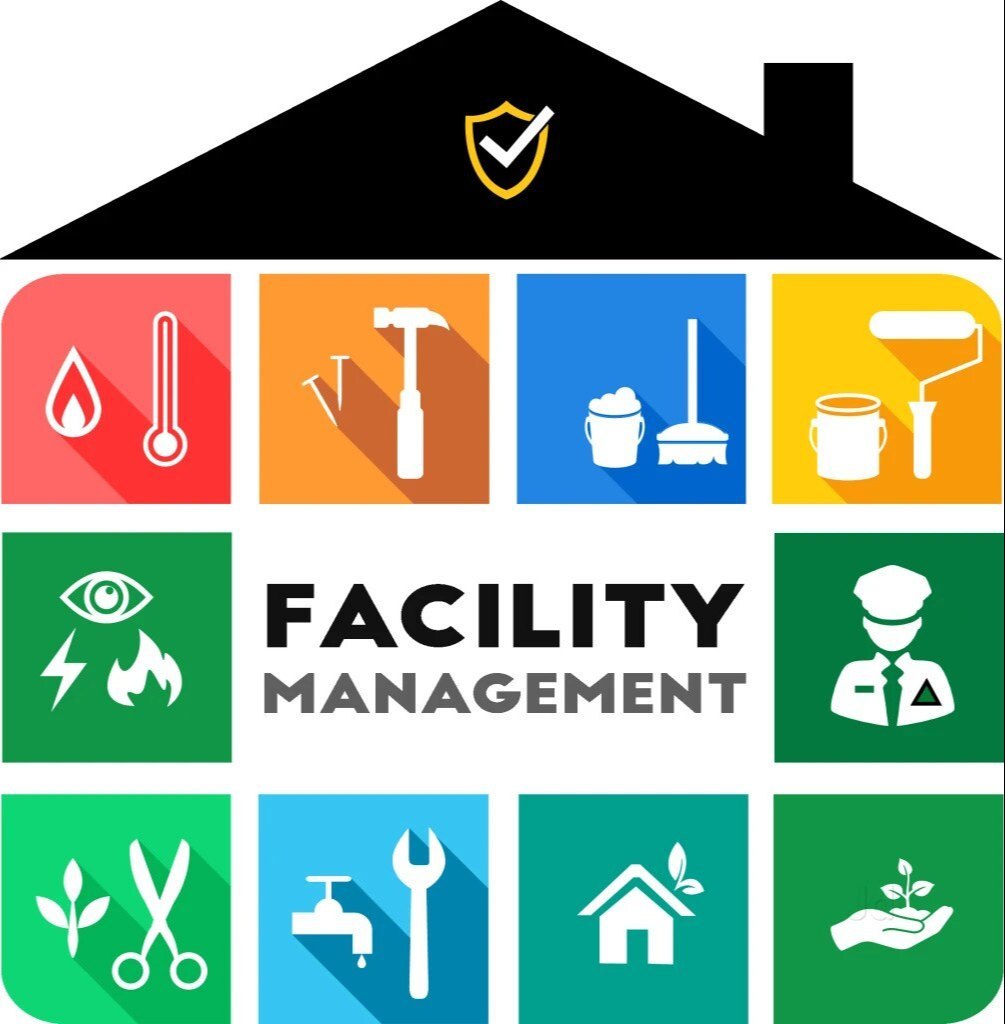Unlocking the Power of Total Facility Management for Streamlined Operations
Why Total Facility Management Is Necessary for Organization Success
Total Facility Management (TFM) serves as a foundation for organization success by harmonizing varied operational facets such as maintenance, room usage, and safety measures. As companies navigate a competitive landscape, comprehending the complex advantages of TFM can be critical in driving price effectiveness and improving worker performance.
Recognizing Total Facility Management
Total Facility Management (TFM) encompasses a thorough strategy to taking care of a company's structures and associated services to make certain optimal performance, security, and performance. TFM incorporates numerous techniques, including maintenance, procedures, area management, and safety protocols, to develop a natural framework that supports a company's core purposes.
At its core, TFM aims to simplify the processes associated with facility management, reducing redundancies and improving service distribution. This technique involves the control of activities connected to residential or commercial property management, such as repairs, cleaning, and power management, to promote an effective environment for staff members and stakeholders alike. TFM also stresses the relevance of applying best techniques and cutting-edge innovations to enhance service high quality and minimize functional expenses.
By straightening facility management activities with organizational objectives, TFM boosts general efficiency while guaranteeing conformity with wellness, safety and security, and environmental regulations. Therefore, TFM serves not just as a logistical feature but likewise as a tactical asset, adding to a company's long-lasting sustainability and development.
Secret Advantages of TFM
Leveraging a detailed strategy, organizations that carry out Total Facility Management (TFM) unlock a myriad of benefits that add to overall service success. Among the key advantages of TFM is the improvement of functional performance. By consolidating facility solutions under a unified management structure, organizations can improve processes, decrease redundancies, and boost communication across departments.
In addition, TFM promotes a proactive upkeep strategy, which reduces downtime and extends the lifespan of facilitiess and tools (Total Facility Management). This proactive strategy not only enhances efficiency however also promotes a safer working setting, eventually causing greater employee contentment and retention prices
Furthermore, TFM promotes better source allotment by supplying insights into facility performance metrics. Organizations can determine areas for renovation, allowing them to make enlightened decisions that align with their critical objectives.
TFM and Expense Effectiveness
Accomplishing expense efficiency is an essential goal for companies, and Total Facility Management (TFM) plays a crucial role in this undertaking - Total Facility Management. By integrating various facility solutions under a solitary management structure, TFM enables companies to simplify procedures and decrease redundancies. This all natural approach causes substantial cost financial savings, as it removes the requirement for numerous vendors and simplifies purchase processes
In addition, TFM cultivates aggressive maintenance strategies, which decrease the threat of pricey repair services and downtime. By focusing on preventive steps, companies can prolong the lifespan of their possessions and reduce unexpected expenditures. In addition, TFM integrates power management methods, which This Site can substantially reduce energy costs via effective resource use.
The centralization of data and analytics within TFM permits organizations to make enlightened monetary choices. By recognizing fads and locations for renovation, TFM enables tailored strategies that additionally enhance expense management. Furthermore, the scalability of TFM remedies ensures that as companies grow, their facility management methods remain reliable and straightened with economic objectives.
Enhancing Worker Performance
A well-managed facility can considerably enhance staff member productivity by developing a conducive workplace. Efficient Total Facility Management (TFM) makes sure that all elements of the office-- from lights and temperature level to cleanliness and safety and security-- are enhanced. When workers run in a space that is comfy and properly maintained, they are much more likely to focus on their tasks, leading to greater result and job fulfillment.
Moreover, TFM can enhance cooperation via the strategic layout of public locations, urging synergy and innovation. By purchasing the right sources and modern technology, companies can facilitate seamless communication and enhance process, additionally boosting productivity. Routine upkeep and punctual reactions to facility problems protect against disruptions that can or else impede efficiency.
Furthermore, a healthy and risk-free workplace, sustained by TFM practices, minimizes absenteeism and advertises wellness, straight correlating with enhanced productivity degrees. Ultimately, focusing on facility management is a financial investment not just in physical assets yet also in the labor force itself. By fostering an atmosphere that sustains staff member demands and preferences, services can grow a much more involved and efficient workforce, driving total success and competitive advantage.

Future Trends in TFM
Embracing technological innovations is established to reshape the landscape of Total Facility Management (TFM) in the coming years. As the need for efficiency and sustainability increases, TFM will increasingly adopt smart building technologies, integrating Internet of Things (IoT) devices to monitor and manage facility procedures in you could try these out real-time. This change will certainly allow positive maintenance, considerably decreasing operational costs and boosting service distribution.

Sustainability continues to be an essential focus, with TFM experts anticipated to focus on environmentally friendly techniques. This includes using renewable resource sources and enhancing waste management systems to lower the carbon footprint of facilitiess.
Remote management capabilities will also be broadened, enabling click for info facility managers to manage procedures from basically anywhere. This adaptability will certainly come to be essential as companies adjust to crossbreed job versions. In recap, the future of TFM is positioned for makeover via modern technology, sustainability, and boosted functional methods, making certain organizations continue to be affordable in a progressing landscape.
Final Thought
By incorporating various functional functions, TFM boosts efficiency and straightens facility management with organizational purposes. As companies significantly embrace lasting practices and ingenious technologies, the value of TFM will certainly continue to expand, ensuring long-lasting functional efficiency and competition in an evolving market.
